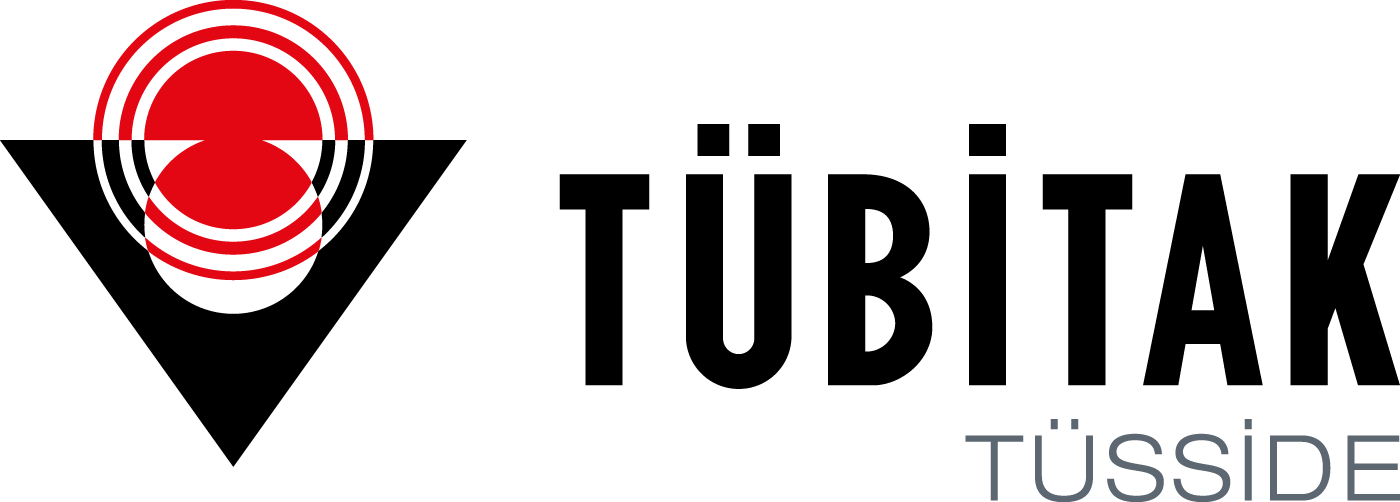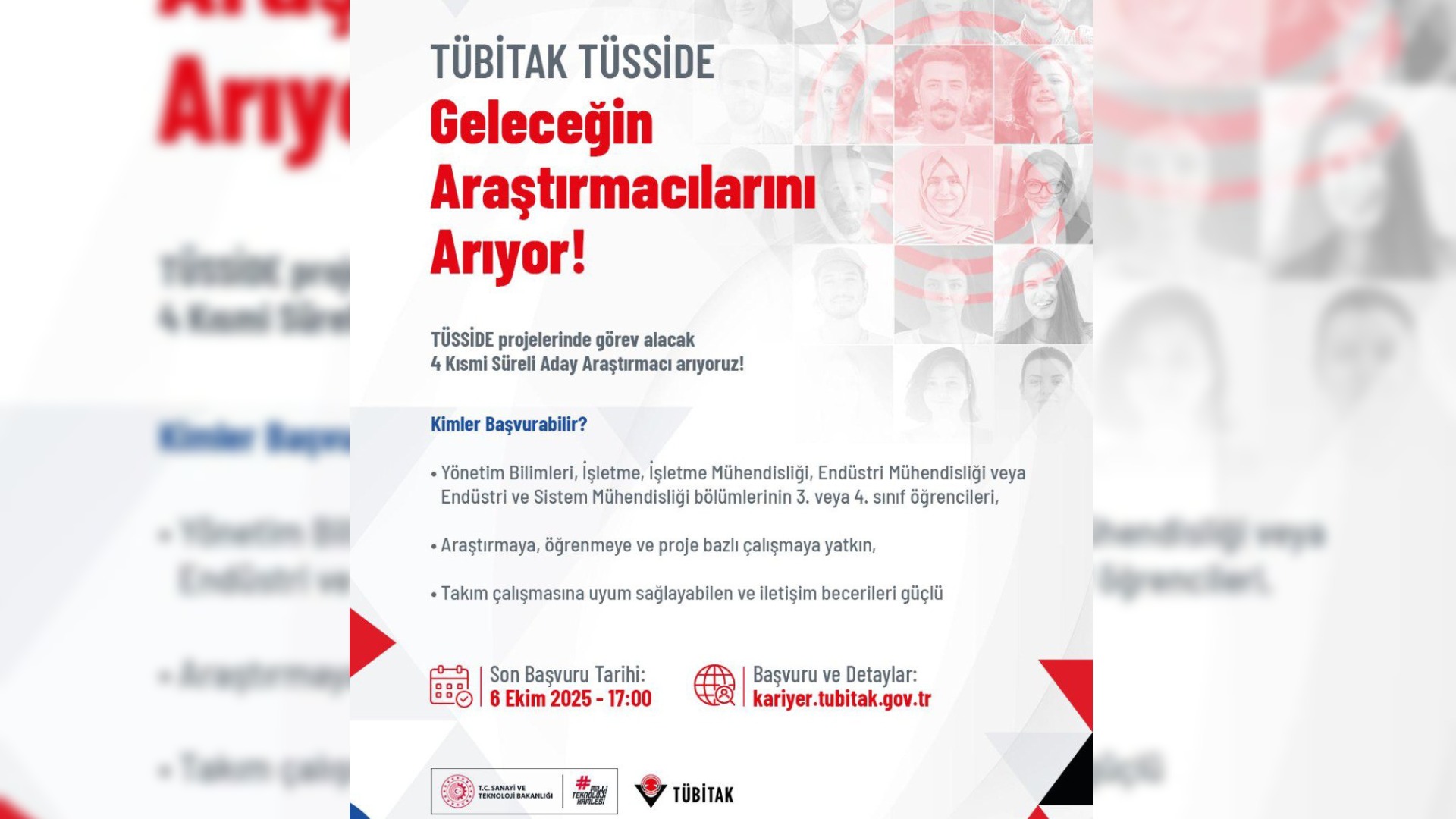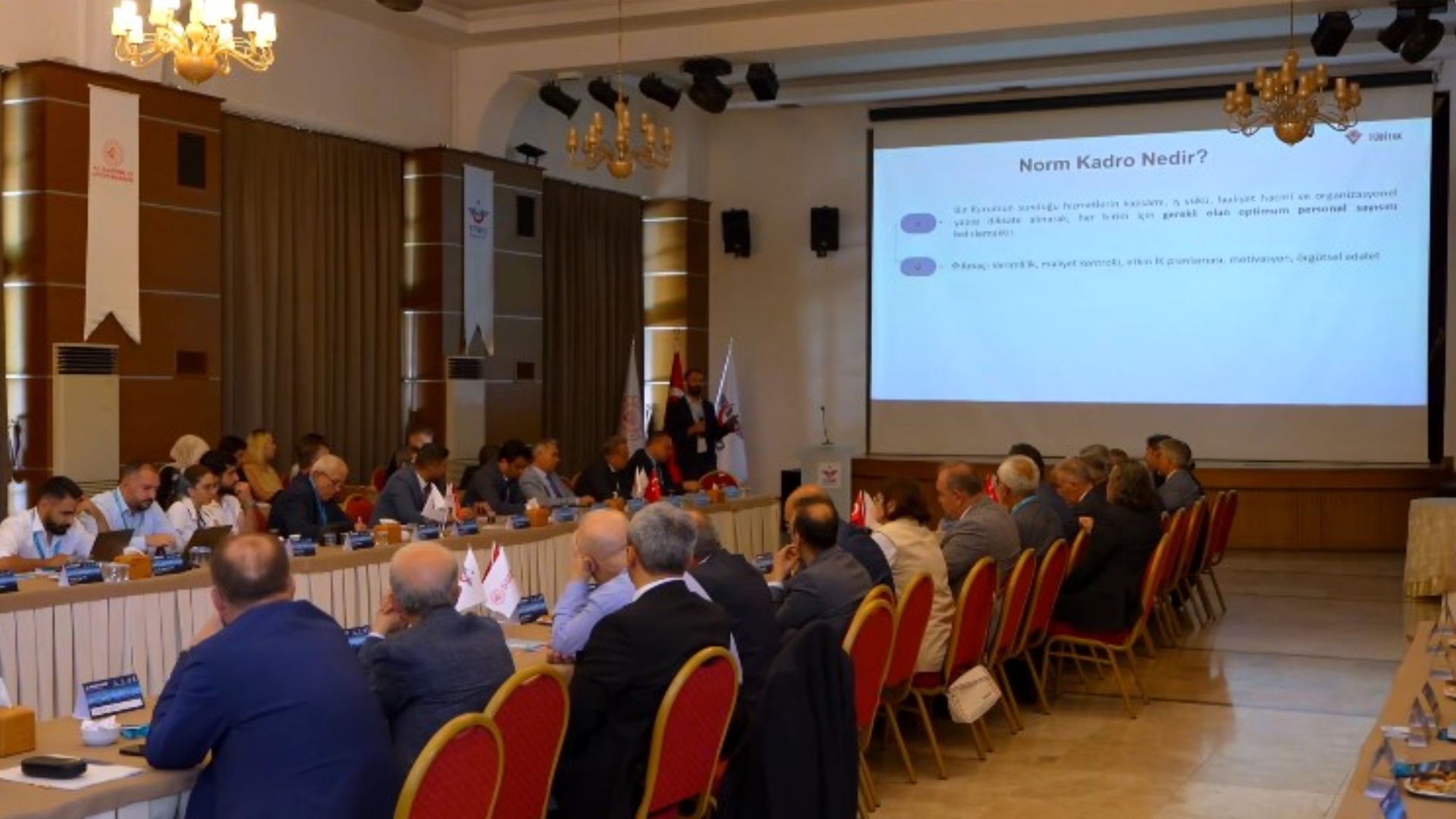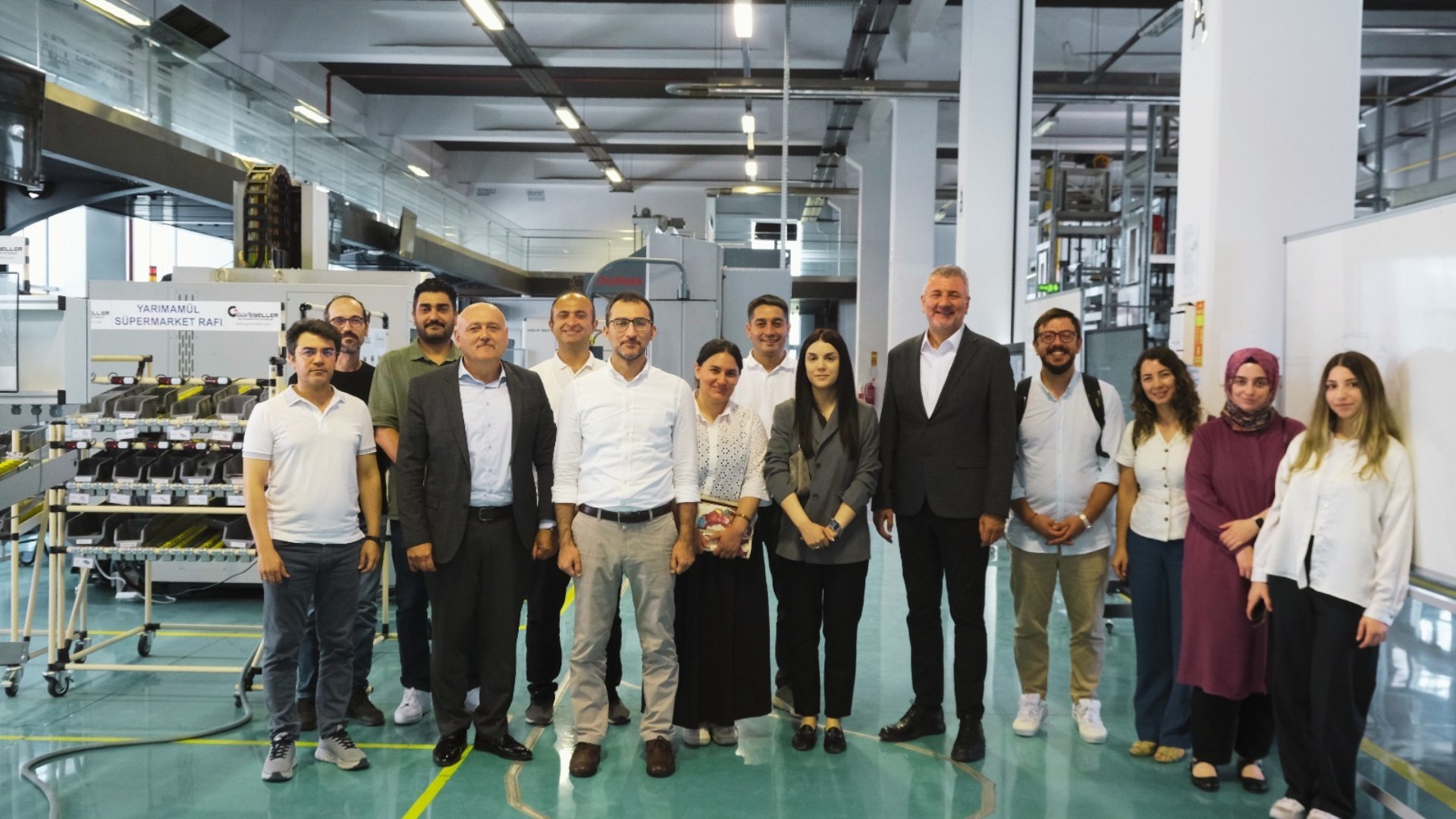Within the scope of the DOKAP Region Determination of Organic Agriculture Basins Research Project, technical visits to the Andalusia Region of Spain between 2 April and 6 April were completed in order to see good practice examples for organic agriculture and marketing of agricultural products. The data obtained from these visits to Spain's leading agricultural research and technology centers, universities, and businesses working in the field of agriculture and food will be used to create cluster strategies to be developed for the DOKAP Region, design the support system and the development of the Innovation and Biotechnology Center planned to be built in the region. It will constitute input to the feasibility study.
On the first day of the program, the Andalusia Technology Park (Parque Tecnologico De Andalucia – PTA), which is described as the best technology park in the Andalusia region and is also the Headquarters of the International Association of Science Parks and Innovation Areas IASP, was visited and information was received from the institution officials, and especially the innovation development model, Views were exchanged on various issues, especially international cooperation models and the park's contribution to the development of the region.
On the second day of the program, before noon, the Lecrin Valley, which is prominent in olive and olive oil production, and the olive groves in Acequias and Nigüelas districts, located at the foot of the Sierra Nevada Mountains, were visited. After examining the different types of olive trees grown in the region, some of which are hundreds of years old, and the irrigation canals dating back to Roman times, the historical olive oil mill located in Museo Almazara Las Laerillas in Nigüelas, where the history of olive cultivation in the region is explained, was visited. Within the scope of the olive oil tour, where the consumption of pure olive oil as well as its health and cosmetic benefits were emphasized and the product value chain was explained, the contributions of integrated destination management to regional economic development by planning agriculture and tourism in a supportive manner were also examined on-site.
In the afternoon program, we will move on to the city of Granada, where we will visit the multidisciplinary research and development technology center CIDAF (Centro de Investigación y Desarrollo del Alimento Funcional), which specializes in agricultural products, located in the Health Sciences Technology Park (Parque Tecnologico de Ciencias de la Salud – PTS). , es un Centro de excelencia de Investigación y Desarrollo) was visited and information was collected about the innovation and biotechnology center to be feasible in the DOKAP Region. The strategies of the center and the cooperation processes between the members were examined, and views were exchanged on the issues that should be taken into consideration when establishing a center for biotechnology.
Field visits continued on Thursday and Friday with meetings held at leading science technology centers, universities and agricultural research institutions in the cities of Seville and Cordoba in the Andalusia region. During the visits to the University of Seville and the University of Cordoba within the scope of the program, information was obtained about agricultural products that contribute to the development of the region, the methods applied in their marketing, and the research activities carried out for these products within the university. In addition, presentations regarding the future strategies of Spain, which largely meets Europe's agricultural needs, and the place of the Andalusia region in these strategies were listened to and possible collaborations were also evaluated.
On the last day of the program, during the visits to the Rabanales campus of the University of Cordoba, the trial gardens in the campus, Rabanales 21 Technology Park (Parque Científico Tecnológico de Córdoba) and CANVAX Biotech company were visited. Within the scope of the visits, information was obtained about the services offered within the park and the activities carried out in the trial gardens, while the innovative services and products of CANVAX Biotech, as well as its laboratories, organization and cooperation networks, were examined. During these visits, ideas were exchanged regarding the issues that should be taken into consideration in innovation and biotechnology centers to be established regionally, the analysis of machinery and equipment needs, and regional priorities.
During the meetings, TÜBİTAK TÜSSİDE and DOKAP officials made presentations introducing both their institutions and the project, as well as engaged in various promotional activities to raise awareness about our country and the DOKAP Region.






